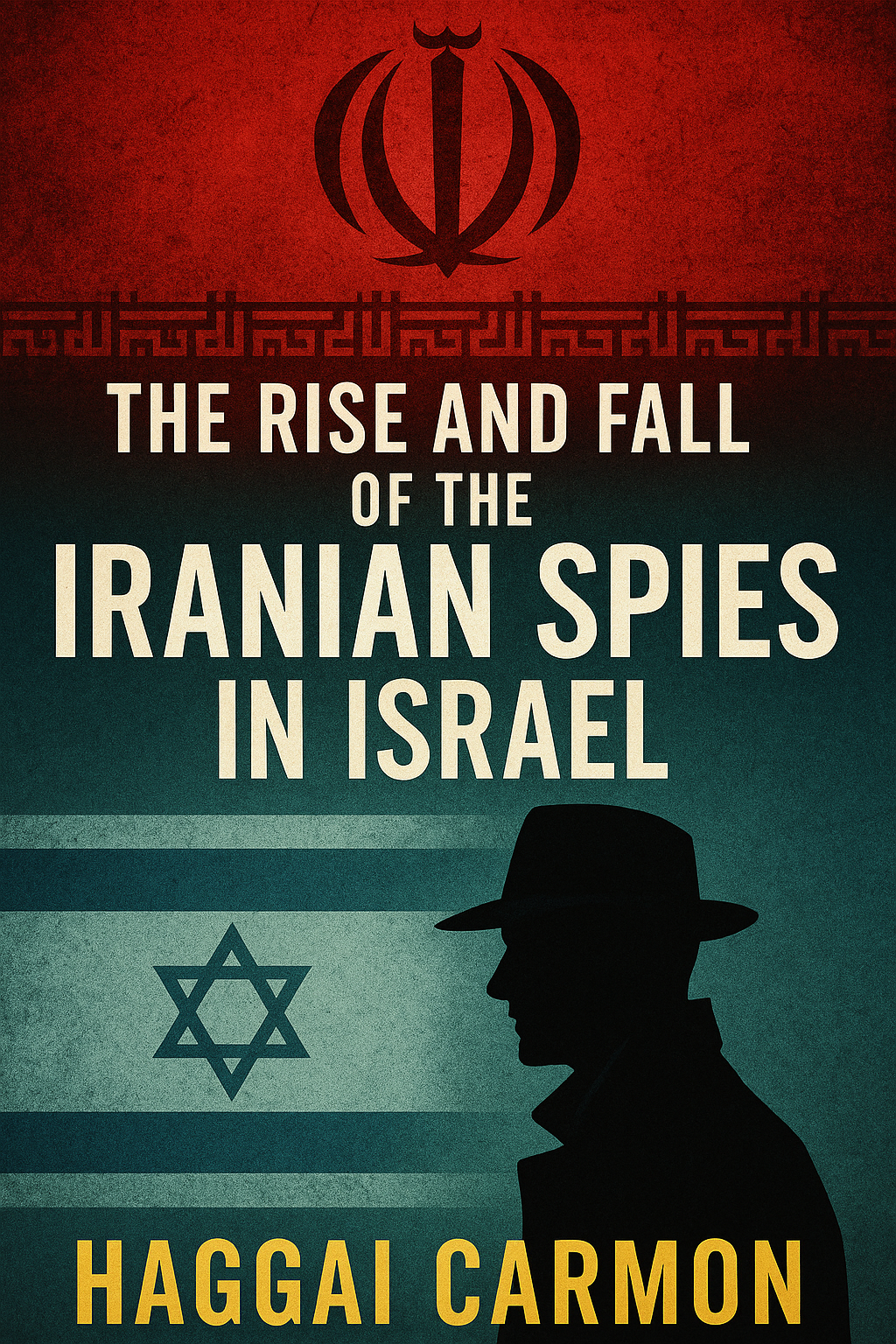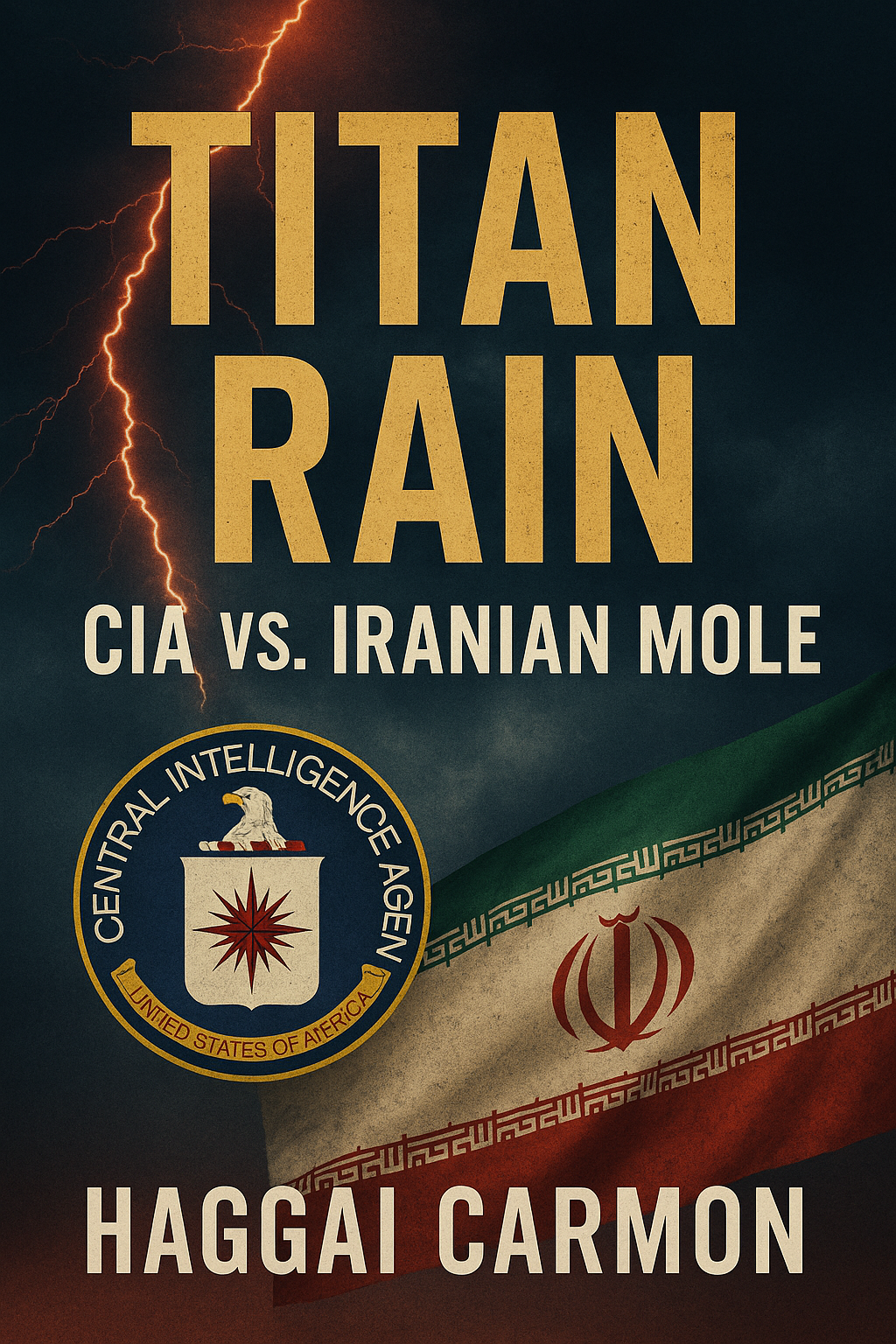“Enhanced” through the Telegram age
When Israel’s enemies stop sending spies across borders and begin recruiting them in Tel Aviv living rooms, one man is tasked with holding the line.
Erez Harel, a decorated former commando turned Deputy Chief of Counterespionage at Shabak, is no stranger to shadows. His division doesn’t chase terrorists abroad—it hunts traitors at home. In the wake of the Israel–Iran conflict, Iran adapts. Instead of soldiers, it sends Telegram chats disguised as NGOs, Instagram messages wrapped in charity, and AI-synthesized voices of dead loved ones. Their goal: transform ordinary Israelis into unwitting assets.
From safehouses in Jaffa to dead drops in Tzfat, from synagogue charity boxes to encrypted “wellness” retreats, Harel and his team confront a new breed of espionage: psychological infiltration at industrial scale. What begins as petty courier tasks escalates into a sprawling Iranian initiative—BABEL—designed not to steal secrets but to corrode Israel’s very identity, planting false memories, alternate histories, and synthetic faith.
Haunted by a failed operation from his past and racing against an enemy that uses algorithms as much as agents, Harel must outthink both foreign masterminds and domestic traitors. Each move uncovers a deeper conspiracy: Iran is not just recruiting spies—it is building a second Israel inside the real one.
Taut, chilling, and disturbingly plausible, The Rise and Fall of Iranian Spies in Israel blends cutting-edge espionage tradecraft with intimate human drama, asking: what happens when the war for a nation is fought not on borders, but inside its citizens’ minds?
By the Author - Behind the Scenes
My thrillers aren’t just fiction. They’re fueled by a lifetime of secrets I wasn’t allowed to share—until now.
For over twenty years, I led a double life. By day, I represented the U.S. government in civil litigation before Israeli courts. But behind that legal exterior, I was operating in the shadows—gathering intelligence for U.S. federal agencies in over thirty countries. Jet-lagged, adrenaline-charged, and always alert, I lived stories that sound fictional. Some were stranger than fiction. Some can never be told.
But five thrillers gave me a way to release the pressure valve. They became my outlet, a fictionalized echo of that high-stakes life. The enemy in those books—what I call the invisible “FOE,” or Forces of Evil—was my way of confronting the very real adversaries I faced out there, in the real world.
The first spark came during a long, tense night in a distant hotel room. I was on assignment. My phone rang. It was my INTERPOL contact:
“You’ve been exposed. Stay put. We’ll extract you in the morning.”
Not exactly a lullaby.
Trapped, wired, and unable to sleep, I opened my laptop. What started as a distraction turned into a manuscript. Triple Identity poured out of me. That single night became the launchpad for the Dan Gordon thriller series. Four more followed, each one drawn from the raw material of close calls, coded meetings, and unspoken truths.
People often ask: “Did that really happen?”
Some reviewers said the books feel “too authentic.”
To that I say: thank you.
Are they true? Let’s just say… fiction can be a clever disguise.
Life lived out of a suitcase—never knowing if I was arriving or departing—gave me enough stories for ten novels. And that’s just the stuff I can talk about. But now it’s time to turn the page. Dan Gordon has retired—glass of Pinot Noir in hand—watching Daniella Gordon his younger sister forges her own trail in a world that once shut the gate on women.
About the Author
My intelligence thrillers were inspired by my Israeli background, as well as by my twenty years of service for the United States Government. During those years, I had a publicly known “daytime” activity as well as a covert “nighttime” activity. Since 1985, I have been representing the United States government in its Israeli civil ligation appearing in Israeli courts in lawsuits to which the U.S was a party. However, away from the public eye, I was also engaged by the U.S government to perform intelligence gathering that required sensitive undercover work in more than thirty countries. Obviously, in my years working for the U.S. federal agencies, I could not share the hair-raising aspects of my work with anyone but my supervisors, and some adventures not even with them. Sadly, many of these events, which are sometimes more fascinating and breathtaking than the best fiction I have ever read, will never see the light of day.








